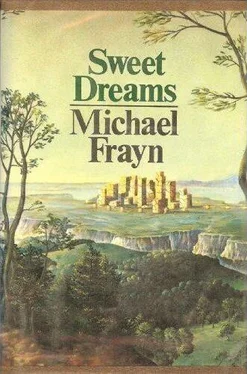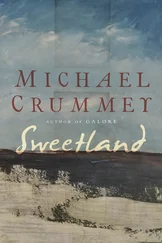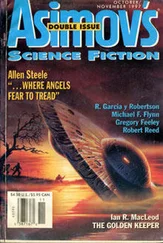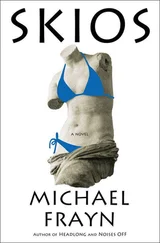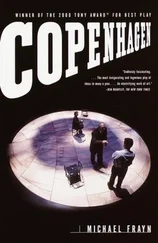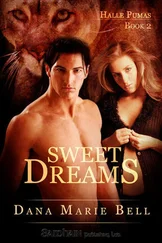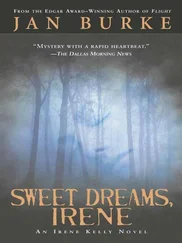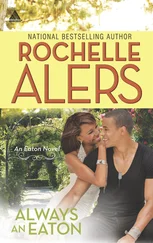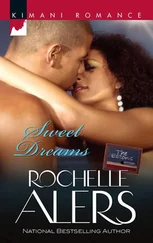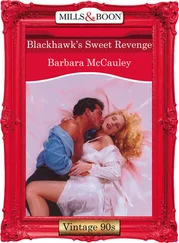“I’m sorry,” he says to Rose. “I didn’t know Phil was coming.”
“I must just finish this letter,” says Rose.
Howard pours the coffee, trying to feel that the whole situation is normal.
“But what I don’t understand,” he says to Phil, smiling conversationally, “is what you’re doing here.”
“Reading Jeremiah,” says Phil.
“It’s a waste of time name-dropping with me,” says Howard easily, as he fetches another coffee mug from the dresser. “I don’t know who you’re talking about. Jeremiah who?”
Phil turns back the pages of his book, frowning.
“That’s funny,” he murmurs. “It doesn’t say.”
“Oh, Jeremiah!” says Howard. He laughs, entirely at his ease, and puts seven lumps of sugar into his coffee.
“I’m always making a Phil of myself with fool,” he explains to Rose. He fishes the seven lumps of sugar out of his coffee. Then he puts two of them back.
Rose remains bent over her letter, Phil over Jeremiah. What an odd situation! Howard gets up and walks about the room with his coffee, smiling, and taking care not to fall over the furniture. Actually he is rather pleased that Rose should see he has friends as eccentrically impressive as Phil, and that Phil should see he is having an affair with someone as solid and opaque as Rose, whose aunt as a girl in Oxford knew several famous philosophers.
But why are they too shy to look at each other?
He leans back against the mantlepiece with his coffee, mastering the situation, a man of the world entertaining his oldest friend in his mistress’s house.
“I think we must get that husband of yours to lop a few branches off outside the window before you go blind,” he says to Rose, to demonstrate the terms he is on with her. To Phil he says, “I saw quite a number of the men you’re doing when I was in London. I got the impression you had problems. A lot of the models I saw had snags you hadn’t really got ironed out. I thought.”
Which tells Rose the kind of terms he is on with Phil.
“Yes,” says Phil, without looking up, “I read your report.”
“I tried to play it down in the report.”
“Oh. Thanks.”
“I couldn’t suppress it entirely, of course.”
“No.”
“I mean, we have problems, too, with the New Jerusalem.”
“Yes.”
All the same, there is something irritating about the way Phil sits there taking everything so much for granted — his presence in the house, Howard’s discretion in the report, even the coffee.
“Well,” says Howard pointedly, looking at his watch, “we must talk about it some time.”
“Talk about it now, if you like,” says Phil.
“I mean,” says Howard quite bluntly, “it’s probably time to go, isn’t it?”
“Not at all,” says Phil. “Stay as long as you like. Have an apple. Have two apples. Stay to dinner.”
Howard stares at him, then at Rose. His perspective of them changes as he stares. It’s like one of those cube patterns which pop inside out, from convex to concave, in front of your eyes.
“I see,” he says heavily. “I see. I suppose I’ve been making a fool of myself. I should have guessed that something like this was going on. Well, well, well. I think I’m entitled to feel rather bitter.”
He feels justifiably bitter for some minutes.
The door opens and a boy enters. He has spectacles and stand-up hair, and is trailing a satchel on the floor behind him. “Mum,” he says to Rose, “I had a fight with James Dunn today, and guess who won? Is it teatime yet?”
“Dad,” he says to Phil, “if one side had hydrogen bombs and the other side didn’t, but they had about, say, a trillion ordinary bombs, well, which side would win?”
“Not yet,” says Rose.
“I don’t know,” says Phil.
“Can I watch television?” says the boy.
He goes out, leaving his satchel on the floor. Howard gazes after him, flabbergasted.
“You mean,” says Howard, “you’re married?”
“Didn’t you get an invitation?” asks Phil. “Deckle-edged? With silver bells on the front? About eleven years ago? Don’t say we forgot to send you one.“
“Me!” cries Howard, walking about the upper roof garden of his converted dungeon. “Having an affair with the wife of my oldest friend!”
Felicity, lying back with her eyes closed in the late afternoon sun, smiles.
“I always thought Rose was deeper than you gave her credit for,” she says.
“I knew I knew the house! I knew I knew the telephone number!”
“You are a fool,” says Felicity tenderly.
“But that it should happen to me! This is the kind of situation other people get into!”
“You always underestimate yourself so,” says Felicity. “If other people can get themselves into these situations, so can you.”
He sits down. His elbows rest on his knees. He gazes at the ground.
“You don’t understand,” he groans. “I’ve shouted at her. I’ve burst into tears. Shouted and wept at someone else’s wife!”
She puts her hand on his.
“I knew I wasn’t the only person in the world you’d got the courage to shout at,” she says.
Howard sighs.
“But imagine if Phil came round here and shouted at you,” he says.
She laughs.
“That’s the difference between you,” she says. “He wouldn’t. He couldn’t.”
Howard puts his face in his hands.
“Don’t be silly,” says Felicity. “This is a completely new departure for you. You can’t go on forever just playing with the children and telling self-deprecating stories about yourself at the Chases’ dinner-parties. Just at the moment other men are beginning to wonder if they’ve come to the end of themselves, and if this is all that life has to offer, you discover a complete new range of abilities in yourself. You find you can betray your friends, and suffer, and inflict suffering on others. You’ve unearthed a completely new range of possibilities in your character.”
“That may be true,” says Howard, looking away with tragic restraint. “But there’s much more to it than that. What I feel goes much deeper than that. You don’t understand.”
“You mean,” says Felicity, “it makes you think that this whole society is morally ambiguous. You see that we’re all implicated in deception and betrayal. It’s a real crisis in your life.”
He says nothing.
“I understand you very well, you see,” she says.
“Then why do you let the children leave their bicycles in the cloister?” he shouts. “I’ve told you about it a thousand times.”
He turns his back upon the life he has led in this society. Its moral confusion disgusts him.
He resigns from the New Jerusalem. They sell up. They take the children out of school. They will live simply in the country.
The night before they move Howard sits on the terrace looking down upon the city for the last time. The great landscape of lights glitters and shimmers in the warm evening air. The diamond rivers of traffic flow inexhaustibly on. It is no less beautiful to him than on that first night. But now its beauty seems lost and sinister. He is looking at a bewitched forest of crystal trees and jewelled flowers, rooted in black soil, breathing black air.
Somewhere down there his friends are going about their lives, laughing in the blackness. That car there, in the stream of lights flowing along the Parkway — that might be the Waylands. Michael will be driving. “Just tell me who’s likely to be there this evening,” he’s saying. “Just run through their names. Then I’ll be all right.”
“I think Prue said Laurence and Shirley Esplin will be there,” Myra is saying. “Then probably either Charles Aught or Bill Goody, and perhaps Jack and Miriam …”
Читать дальше
